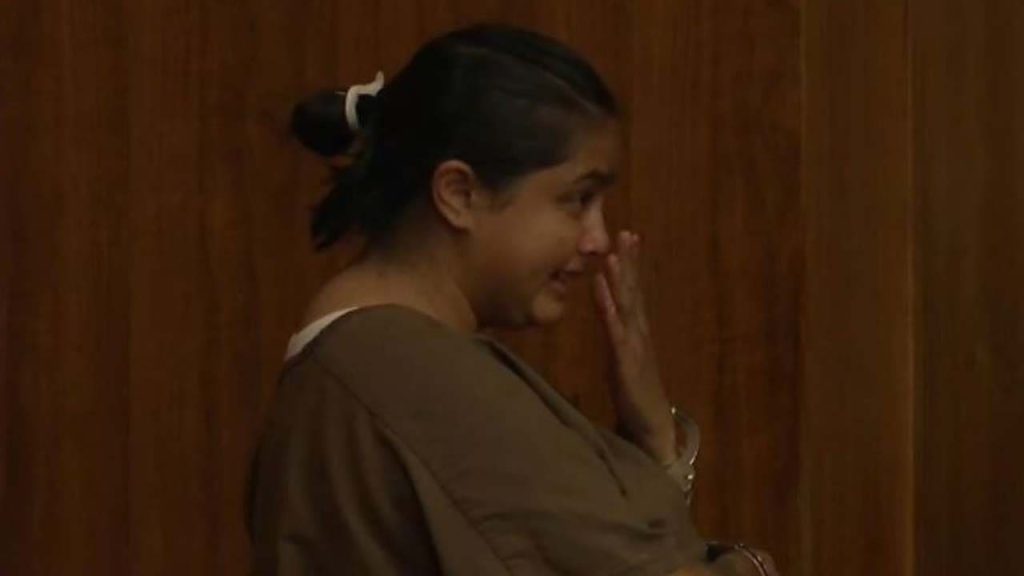A 28-year-old activist named Riddhi Patel was arraigned in California after allegedly making threats to murder public officials at a city council meeting. The incident occurred during a public comment section of the meeting where Patel criticized the council members and Mayor Karen Goh for not supporting a Gaza cease-fire resolution against Israel and for implementing metal detectors at city hall. Patel was seen on video making threats, including hoping that oppressed minorities would guillotine the city government members, claiming that even Jesus Christ would kill them, and threatening to go to their houses and murder them. She also expressed hope that “the global south” would rise up and execute them.
As Patel pleaded not guilty to 18 felony counts, she wept in court and was ordered to be held on $1 million bail. She was also instructed to stay at least 500 yards away from city hall. Patel accused the council members of not caring about the oppression of Palestinians or people elsewhere in the world and warned them that violent revolution against oppressors is a recognized practice, stating that she hoped someone would bring a guillotine to kill all of them.
During her remarks, Patel criticized the mayor and city council for installing extra security measures like metal detectors in the building, claiming that this was an attempt to “criminalize” protesters. She concluded her speech by threatening them with the declaration, “We’ll see you at your house. We’ll murder you.” Following these threats, Mayor Goh called on police officers to escort Patel out of the building. Patel was subsequently arrested and charged with eight counts of threatening state officials and 10 counts of making threats with the intent to terrorize.
Patel, who grew up in Bakersfield and works as an economic development coordinator for a local nonprofit, is due back in court on April 24. The case has sparked controversy and raised concerns about the safety and security of public officials, as well as the boundaries of free speech and political activism. The incident serves as a reminder of the potential consequences of making threats against public figures and the importance of maintaining respectful and civil discourse in political discussions. Patel’s emotional reaction in court highlights the gravity of the situation and the impact of her words on both the individuals targeted and the community at large. The case also underscores the need for legal consequences for threatening behavior and the responsibility that comes with exercising the right to free speech.


